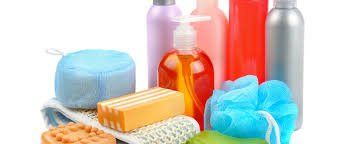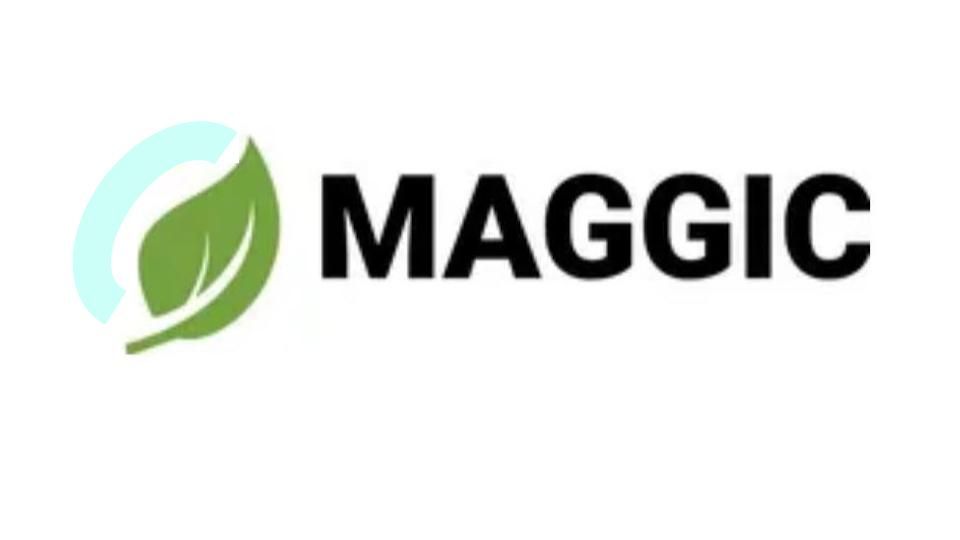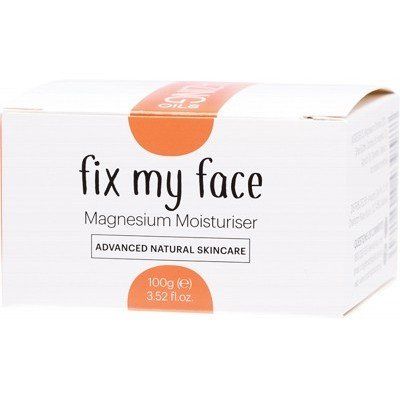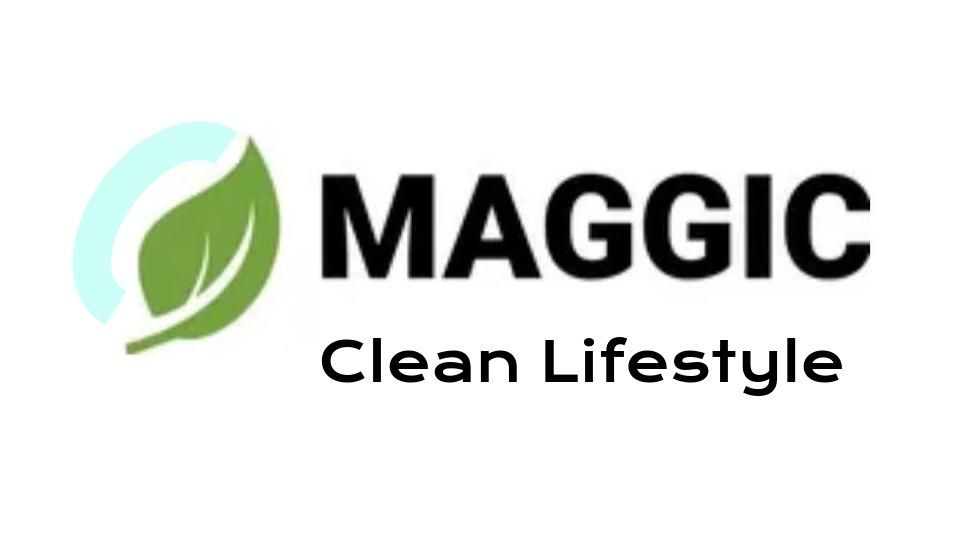Hygiene
- By florian.glinserer
- •
- 29 Oct, 2019
- •
7 Personal Hygiene Tips

The practice of hygiene is the habitual procedure of applying methods of maintaining health and preventing disease in an environment which is conducive to the maintenance of health and disease prevention.
7 Great Customary Hygiene Practices which can be used daily are:
Additional Hygience Practices:
Solidify your daily hygiene habits with these to seven tips and add some fun, interesting and beautiful products to keep you healthy and make you routine interesting.
7 Great Customary Hygiene Practices which can be used daily are:
- washing the body often. If possible, everybody should have a shower or a bath every day.
- cleaning the teeth at least once a day. It is very important to clean teeth immediately before going to bed
- washing the hair with soap or shampoo at least once a week (daily is ok).
- washing hands with soap after going to the toilet and before preparing and/or eating food.
- changing into clean clothes. Washing clothing with laundry soap and hanging them in the sun to dry before wearing them again. The sun's rays will kill some disease-causing germs and parasites.
- turning away from other people and covering the nose and mouth with a tissue or the hand when coughing or sneezing.
- changing your bedding weekly.Washing sheets and bed covers with laundry soap and hanging them in the sun to dry before using them again. The sun's rays will kill some disease-causing germs and parasites.
Additional Hygience Practices:
- Facial tissues where originally invented for women as a method for removing makeup with cold cream and a tissue. The facial tissue soon became known as the disposable handkerchief and was quickly added to our daily hygiene practices as a convenient hygiene tool. A variety of paper-based hygiene products such as facial tissue, bathroom tissue, paper towels, tampons, and diapers
- A wet wipe, also known as a wet towel or a moist towelette, or a baby wipe in specific circumstances, is a small moistened piece of plastic or cloth that often comes folded and individually wrapped for convenience. Wet wipes are used for cleaning purposes like personal hygiene and household cleaning.
- Genuine knowledge of the causes of human and animal diseases was not available until the 19th century. However, even in the 1st century AD, Marcus Terentius Varro wrote (8): 'There perhaps exist, in marshy places, animals which are invisibly small, and which cause serious diseases by invading the body through the mouth or the nose.' A disinfectant was considered effective if it had a visible corrosive, suffocating or toxic effect on living creatures. The oldest reference to disinfection of a premises with a chemical product seems to be that described in 800 BC by Homer in book xii of the Odyssey, where the hero, having killed his rivals, demanded that sulphur be burnt in the house which they had occupied. Disinfectant in the 20th Century is a cheap and effective way of killing many known micro-organisms and is used everyday in homes across the world in varying formats including liquids, sprays, wipes and hand sanitiser. Modern known disinfectants can include natural oils.
- For good hygiene the law requires that each person should have 13 cubic metres of air to live in. This suggests that overcrowding promotes illness, bacteria and poor health. The air inside the home should be clean and the interior of a home should be kept clean to promote good health and prevent disease.
Solidify your daily hygiene habits with these to seven tips and add some fun, interesting and beautiful products to keep you healthy and make you routine interesting.

































